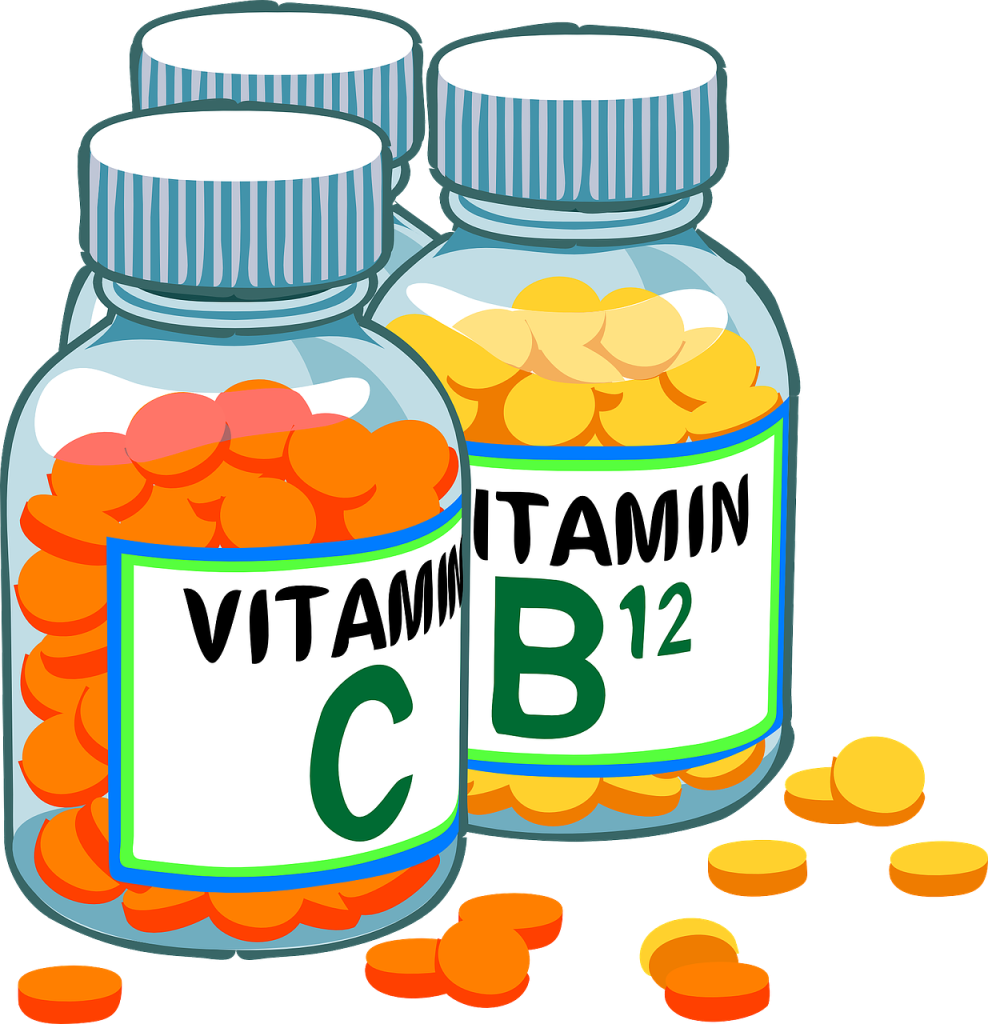Managing diabetes involves more than just monitoring blood sugar levels. Incorporating essential vitamins and minerals into your routine can play a significant role in supporting your overall health and mitigating the effects of the condition. Let’s explore some friendly and informative tips on how to integrate these vital nutrients into your daily regimen:
1. Vitamin D:
- Vitamin D is crucial for improving insulin sensitivity and regulating sugar levels in the body.
- Sunlight exposure is the best natural source of vitamin D, but supplements may be necessary for those deficient, especially older adults and individuals with limited dietary intake.
- Include fortified foods, cod liver oil, and fatty fish in your diet to boost your vitamin D levels.
2. Vitamin B1 (Thiamin):
- Thiamin deficiency is common in diabetes and can contribute to neuropathy pain.
- Incorporate sources like nuts, legumes, whole grains, and eggs into your meals to maintain thiamin levels.
- Consider supplements if your dietary intake is insufficient, with guidance from a healthcare professional.
3. Vitamin E:
- Vitamin E helps improve insulin activity and protects cells from damage.
- Consume foods rich in vitamin E such as almonds, avocado, and fresh salmon, alongside supplements if needed.
- Ensure your supplement contains a variety of tocopherols for maximum benefits.
4. Vitamin B-12:
- Vitamin B-12 supports nerve health and may alleviate neuropathy pain associated with diabetes.
- Incorporate fish, meat products, and eggs into your diet to meet B-12 requirements, particularly if you follow a vegetarian or vegan diet.
5. Magnesium:
- Magnesium plays a vital role in glucose metabolism and insulin regulation.
- Include magnesium-rich foods like spinach, bananas, and almonds in your diet.
- Consider magnesium supplements if your levels are low, with doses ranging from 300 to 600 mg daily.
6. Chromium:
- Chromium aids in lowering blood sugar levels and improving glucose tolerance.
- Sources include meat, fish, and certain fruits and vegetables.
- Consult with your doctor before starting chromium supplements, especially if you’re on other medications.
7. Selenium:
- Selenium supports blood sugar control and overall health, with antioxidant properties.
- Include selenium-rich foods like mushrooms and salmon in your diet or consider supplements under medical supervision.
Remember, it’s essential to consult with your healthcare provider before starting any new supplements, as individual needs vary. Additionally, focus on maintaining a balanced diet rich in nutrients to support your diabetes management. By working closely with your healthcare team and making informed choices, you can better navigate the complexities of diabetes and prioritize your well-being.
